Why do we say “ça c’est” to mean “that is”?
If you want to say “that is”, in French, you say, “ça c’est”. But that means “that it is”, so why don’t we say “ça est”?
Why don't we say "ça est"?
The word for “that”, in French, is “ça”. The word for “is”, in French, is “est”. But, if you want to say, “that is”, you say, “ça c’est”.
Logically, “ça c’est” means “that it is”, but that’s actually how you say it in French. Logically, “that is” should be “ça est”, but the French don’t like that glottal stop in the middle of the two words.
The phrase “ça c’est” simply flows better and sounds nicer to French ears than “ça est”.
ça c’est – that is (literally: that it is)
This is also the reason why we say “ça ce n’est pas” for “that isn’t” rather than “ça n’est pas”; it just sounds nicer.
ça ce n’est pas – that isn’t (literally: that it isn’t)
What does "ça" actually mean?
The word “ça” is the more everyday word for “cela”. Both “ça” and “cela” mean the same thing, and they can be translated as either “that”, “this” or simply “it”. Most of the time, they mean “that”, though.
What does "c'est" actually mean?
The phrase “c’est”, as we learnt in 3 Minute French – Course 1, means “it is”. However, you can also translate it as “that is” or “this is”
c'est bon – it’s good / that is good / this is good
c’est fantastique – it’s fantastic / that is fantastic / this is fantastic
However, most of the time, you can emphasise the “that” by adding the word “ça”
ça c’est bon – that is good
ça c’est fantastique – that is fantastic
You could imagine putting a comma after the word “ça”, which you can do, and you get this:
ça, c’est fantastique – that, that’s fantastic
It really emphasises the word “that”
In fact, you can even put the word “ça” on the end of the sentence, too:
c'est bon, ça – it’s good, that / that one is good
c’est fantastique, ça – it’s fantastic, that / that one is fantastic
c’est pour moi, ça – it’s for me, that / that one is for me
You can even say this nice phrase:
c'est ça – that’s it / that’s right
oui, c’est ça – yes, that’s right

That's why
There’s another nice phrase that contains the word “ça” in French, and I first came across it on a French TV show in which Céline Dion was singing with some contestants on a talent show. After one of the performances, Céline was talking to the contestant, and she said:
Une voix extraordinaire. C’est une prestation incroyable et c’est pour ça que tu réussis, c’est pour ça que tu es bonne, c’est pour ça que tu es belle.
The phrase “c’est pour ça que…” means “that’s why…”
What Céline said meant, “An extraordinary voice. It’s an incredible performance and that’s why you’re succeeding, that’s why you’re good, that’s why you’re beautiful."
So, “c’est pour ça que…” means “that’s why…” in French. Literally, it means, “it’s for that that…”, or, you could imagine it akin to the English expression, “it’s for that reason that…”
c’est pour ça que tu es belle – that’s why you’re beautiful (it’s for that reason that you’re beautiful)
Let's practise
Have a go at saying the sentences below in French. Firstly, here’s some vocabulary you may need:
fantastic – fantastique
good – bon
for me – pour moi
perfect – parfait
the food – la nourriture
I like – j’aime
- That’s fantastic
- That’s good
- That’s for me
- That isn’t perfect
- I like that
- That’s why I like the food
- That’s why I like that
- Yes, that’s right
- That isn’t for me
- That isn’t for Pierre
ANSWERS
- Ça c’est fantastique
- Ça c’est bon
- Ça c’est pour moi
- Ça ce n’est pas parfait
- J’aime ça
- C’est pour ça que j’aime la nourriture
- C’est pour ça que j’aime ça
- Oui, c’est ça
- Ça ce n’est pas pour moi
- Ça ce n’est pas pour Pierre
Get three courses in one bundle, and save money
-

Courses 1, 2 & 3
Get this bundle -

Courses 4, 5 & 6
Get this bundle -

Courses 7, 8 & 9
Get this bundle
Course 2, Building Structures and grammar courses
-
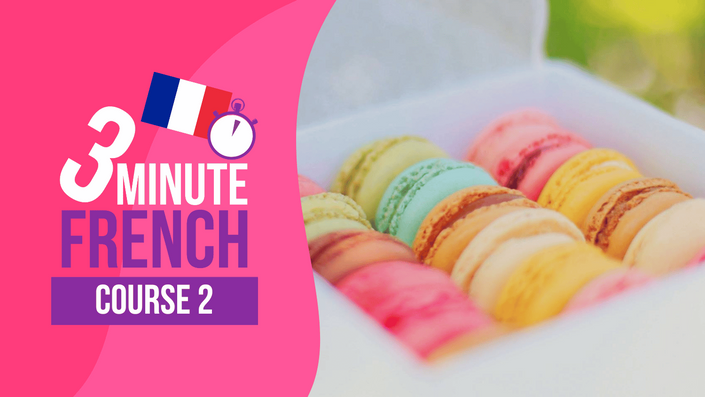
Course 2
Get this course -
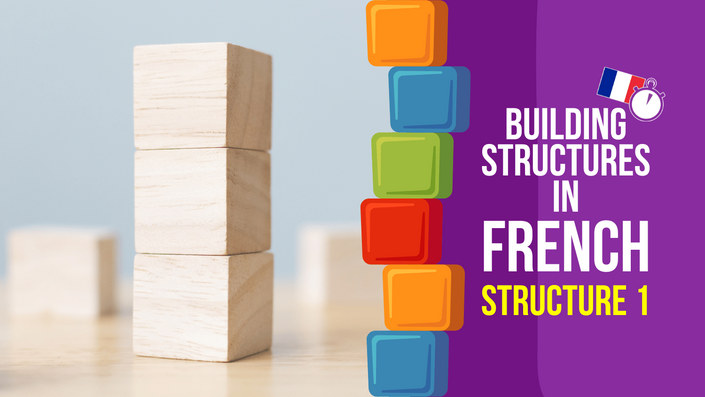
Building Structures
Get this course -
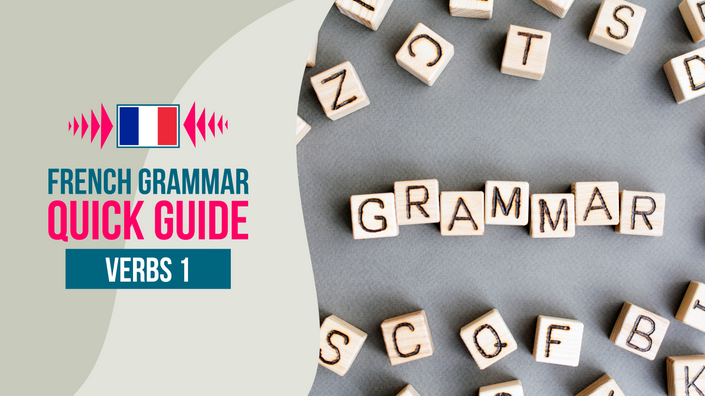
Quick Guide
Get this course
All my French courses

Building Structures in French
Quick Guides
French grammar
Essential French grammar - Future | Conditional | Imperfect
All my Spanish courses
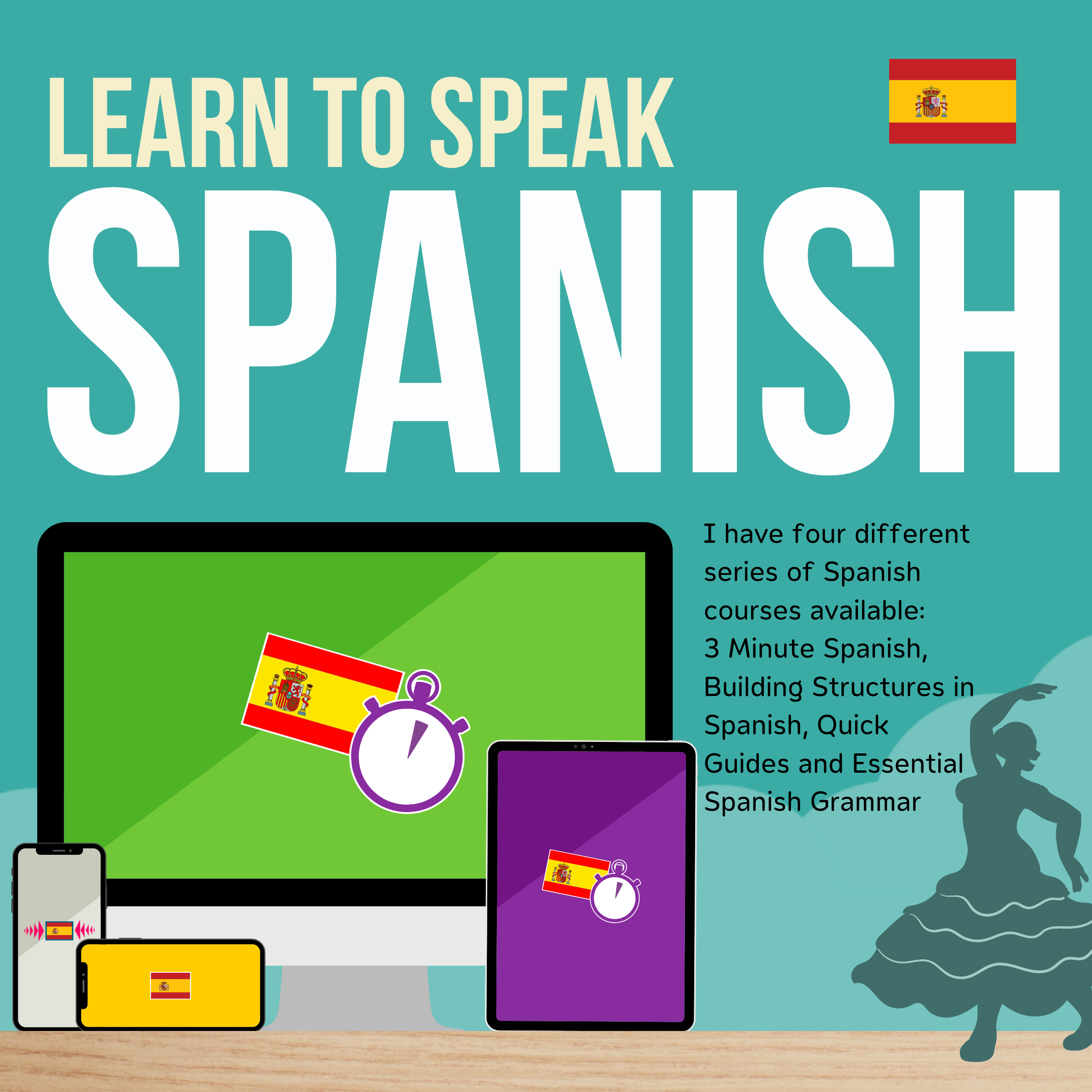
Building Structures in Spanish
Quick Guides
Spanish grammar
Essential French grammar - Future | Conditional | Imperfect
All my German courses

Building Structures in German
Quick Guides
German grammar
Essential French grammar - Future | Conditional | Imperfect
All my Italian courses
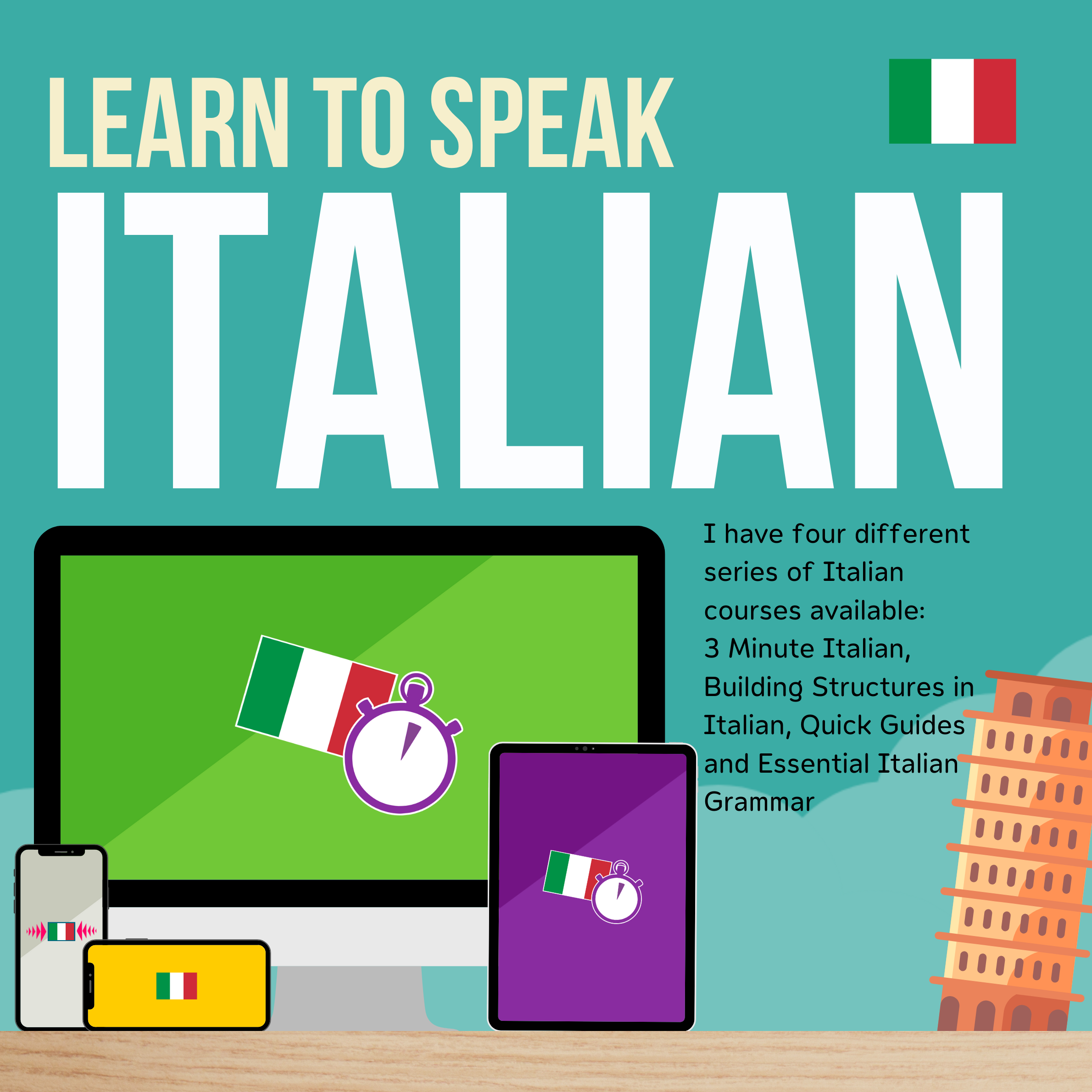
Building Structures in Italian
Quick Guides
Italian grammar
Essential French grammar - Future | Conditional | Imperfect
All my Portuguese courses

Building Structures in Portuguese
Quick Guides
Portuguese grammar
Essential French grammar - Future | Conditional | Imperfect
